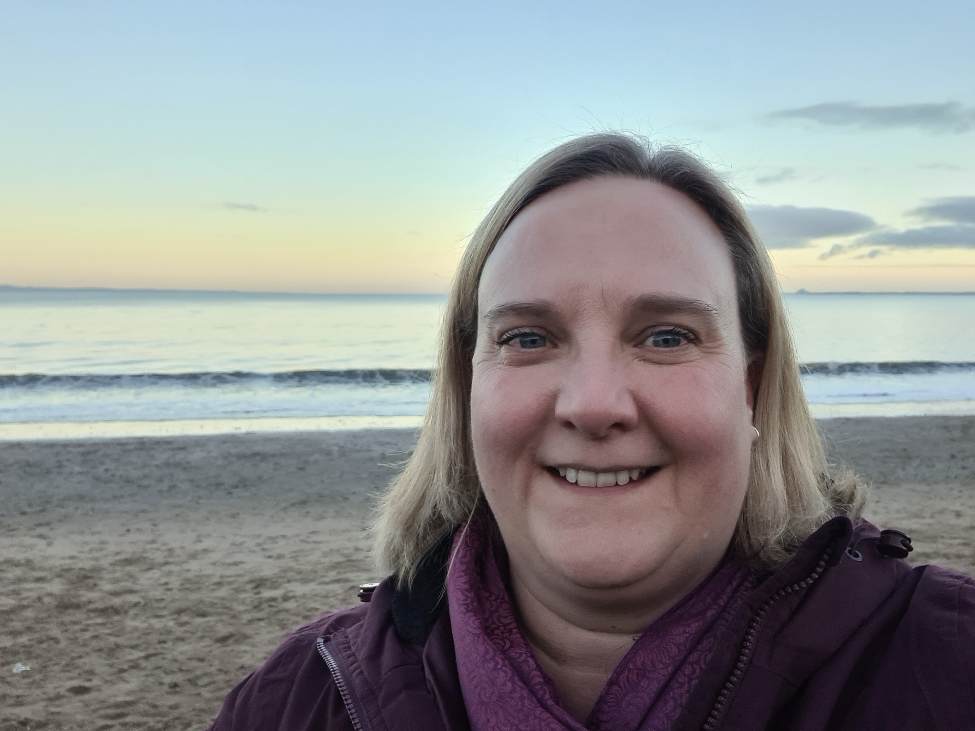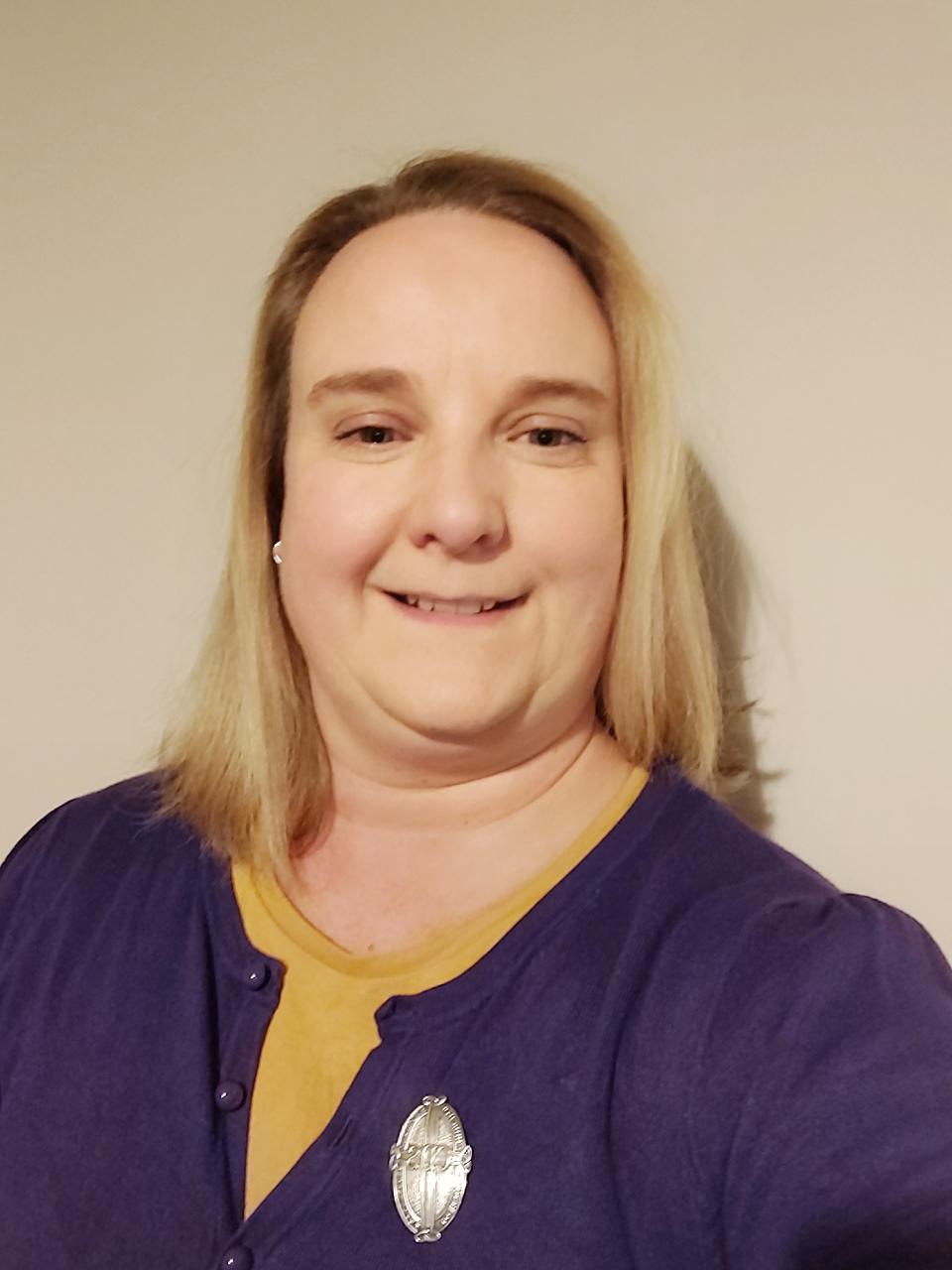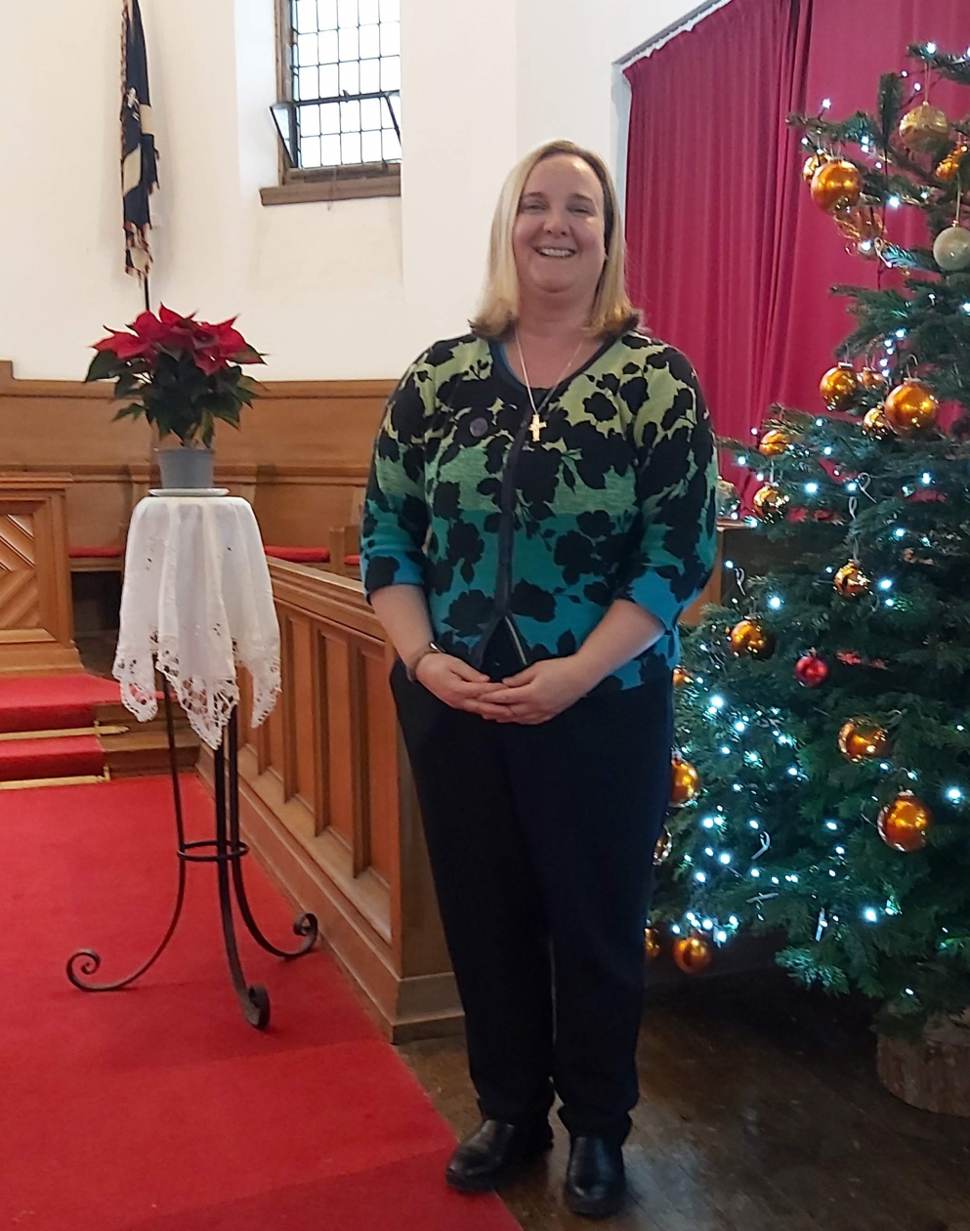Ex-paramedic Kirsty is putting faith into action in new deacon role
Kirsty Forsyth had not met any deacons when she went to her first Church of Scotland vocations conference.
But when she heard people talking about the Diaconate, she knew it was the form of ministry that would suit her best.

As a paramedic, Kirsty was already in a profession which helps people and it was the practical aspect of the Diaconate, the Church of Scotland's ministry of Word and Service, which was the most attractive element.
Kirsty, who is the latest subject of our regular Talking Ministry feature, recalled: "What really appealed was the bridge building aspect, the encouragement of people and the practical aspects of the Diaconate.
"These spoke to the kind of person that I thought I was.
"That was confirmed more and more as I did my training."
The Diaconate is one of the recognised ministries within the Church of Scotland and in many cases are the face of the Kirk for people who might not otherwise enter a church building.
Deacons work in parishes alongside ministers of Word and Sacrament or church teams, but can also work with other agencies, such as hospitals, care homes or prisons, often in areas of great need and scarce resources.
For Kirsty, it also means she can draw on her skills and experience as a paramedic in a new role at Edinburgh's Richmond Craigmillar Church, which is both varied and challenging.

This can see her working alongside the Nearly New and Fare Share volunteers, assisting with Sunday services and the Sunday Club, or supporting minister Rev Liz Henderson with her bereavement work.
Rev Henderson is a co-founder of children's bereavement charity Richmond's Hope, but Kirsty works alongside her in supporting adults who have experienced loss.
"The bereavement work is very challenging, but very rewarding," she said.
"People are glad they have come along, even though it is a big step initially. They feel that they have had a chance to speak about their bereavement with people who understand them, and they find that a positive experience.
"Because so many groups use the halls, we come into contact with different people, including people who are either in recovery or have disabilities that mean they need assistance, or refugees coming for English classes.
"We are part of the community. People can just chap on the door. They see the building open and used and if they are willing to come in we will try and help them.
"Sometimes it is not about fixing people, but realising that God knows that person and we are here to let them know that they are loved by God in the worst of their circumstances and the best of their circumstances."
The gift of the unexpected
Last month marked the first anniversary of Kirsty's ordination as a deacon, having completed a theology degree at New College in Edinburgh, followed by placements and probation with various churches in the Edinburgh area.
That first year has been a steep learning curve, she admits.
"I have learned a lot," she said.

"It struck me the other day, especially working with other people, that things take time. People take time to get to know you and you need time to see what motivates them or see what works for them. You could have the best idea, but if you just jump in and they are not on board with it, it is not going to work.
"There is also the gift of the unexpected. We plan a lot, but the unexpected idea that really works or that unexpected conversation can be the most important thing about that day."
But the challenges of her first year in post have not dimmed her enthusiasm for the role of deacon.
She said: "I really, really enjoy being a deacon and I highly recommend the Diaconate. If you are interested and don't know a deacon, ask somebody who does or give me a wee phone because we are good to talk to!"
Read more from our interview with Kirsty Forsyth on our Talking Ministry page.